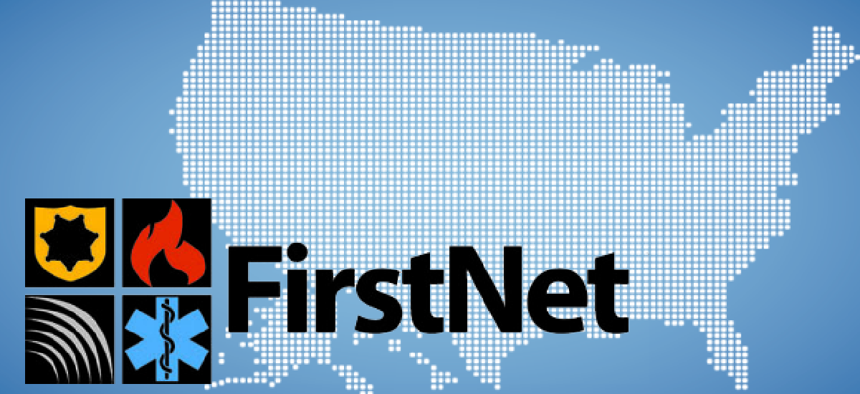5 states throw in with FirstNet

Pricing and uncertainty about alternatives have been nagging concerns for states considering joining the nationwide, wireless broadband network for first responders
Although most states are still weighing the pros and cons of "opting in" to FirstNet, a Virginia official told lawmakers that his state thought the alternative would be more expensive.
So far, five states -- Arkansas, Iowa, Kentucky, Virginia and Wyoming -- have agreed to participate in FirstNet's and network vendor AT&T's plans for a nationwide, wireless broadband network for first responders.
On July 11, Virginia became the first state to opt in. Officials carefully weighed both options, the state’s Deputy Secretary of Public Safety and Homeland Security Curtis Brown said at a July 20 Senate hearing on the network’s progress.
The decision, he told members of the Commerce, Science and Transportation Committee's subcommittee on Communications, Technology, Innovation and the Internet, boiled down to pricing, availability and being able to use FirstNet relatively quickly.
Brown said that, given FirstNet's promised priority access for first responders on the AT&T-controlled network and wireless spectrum, opting in now was a better bet than waiting or building its own network.
Brown said the state’s public safety stakeholders and Gov. Terry McAuliffe ultimately decided FirstNet offered a relatively known set of challenges and cost benefits.
Opting out, he said, would have required the state to oversee build-out of its own "highly technical broadband wireless network and assume all responsibility, liability and fiscal accountability," as well as handling "maintenance and management of users and customer care."
The multiyear, expensive, build-out of such a network, Brown told the senators, "wasn’t feasible" in the face of sequestration and tightening budgets. Additionally, he said, Virginia has a gubernatorial transition coming up in a short six months, which also contributed to its decision not to pursue its own network.
Pricing and uncertainty about alternatives for states have been a nagging concern, however, as have concerns about FirstNet’s closely held plans for state networks.
A study released by the Government Accountability Office on July 20 found that most of the state stakeholders contacted said they were satisfied with the FirstNet's planning efforts but are uncertain about how those efforts would be implemented. Stakeholders also told GAO that FirstNet and AT&T will have to balance the costs associated with features to make the network reliable and secure with service pricing.
The report said many stakeholders cited the cost of subscribing to the network as a key factor in user adoption. It said that cost must be comparable with what those stakeholders pay for similar communication services currently.
Sen. Maggie Hassan (D-N.H.) asked FirstNet CEO Michael Poth and AT&T Senior Vice President Chris Sambar about reported restrictions on the number of state officials who could access plan details through a special internet portal set up to disseminate such information last month. She said she had heard that the plans couldn’t be accessed by some decision-makers in her state.
Poth responded there had been some initial complaints, but FirstNet and AT&T had since added more user access codes for every state to allow wider access.
The original allocation of 50 access codes per state, which are available to state-associated email addresses, was intended to prevent wider exposure of sensitive plan details, Poth said. The idea, he explained, was to discourage access by other vendors and consultants because of the sensitive nature of the program. "All state officials that need access have it," he said, noting the number had been increased.
Sambar said access isn’t a problem anymore and his company has provided some states with over 200 codes.
Sambar also told the subcommittee that AT&T will build or has built dedicated, secure facilities to provide cybersecurity for the network. The company said it will provide specific secure devices to responders that have been certified by the company; a dedicated and vetted FirstNet applications store for those devices; a dedicated encrypted core network for FirstNet within AT&T's broader network infrastructure; and a dedicated security operations center for the project.





